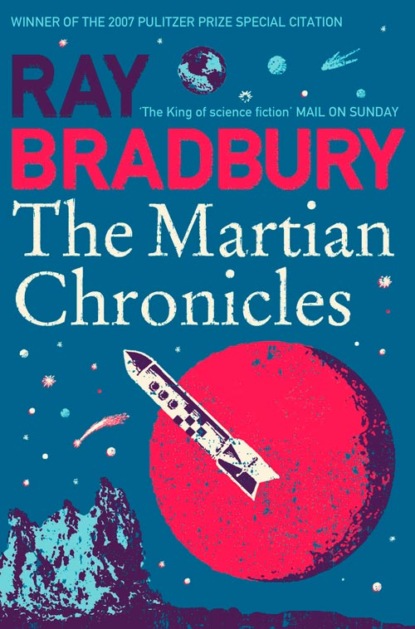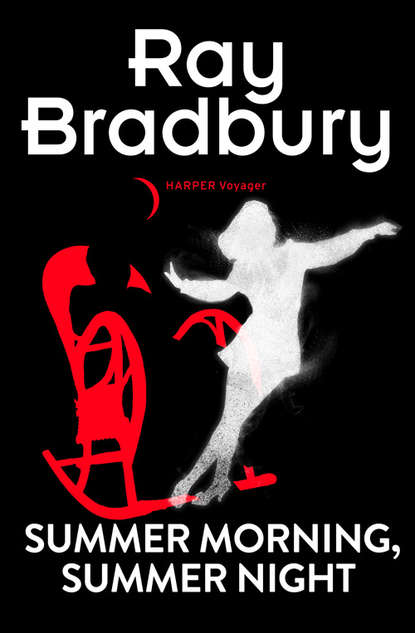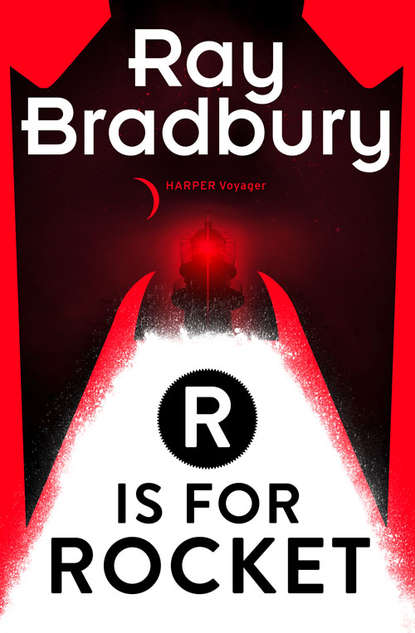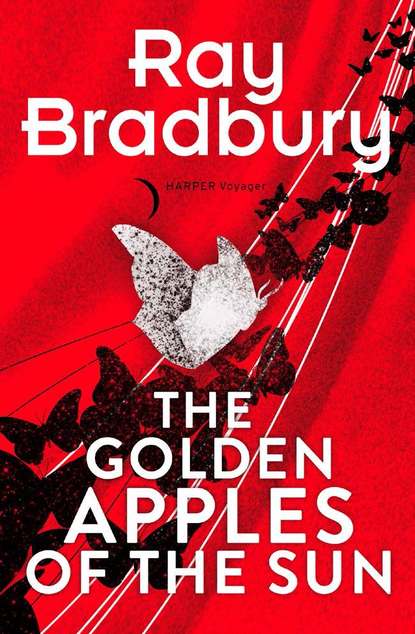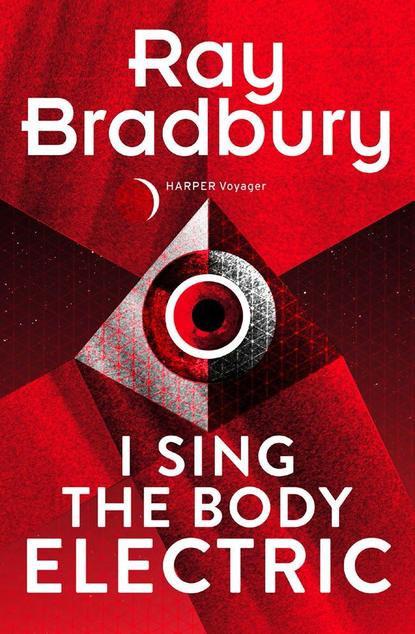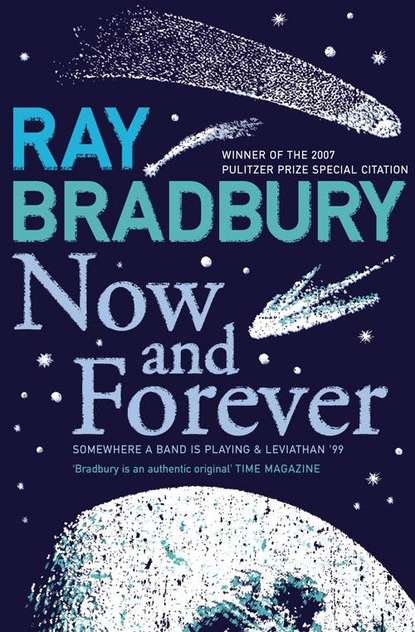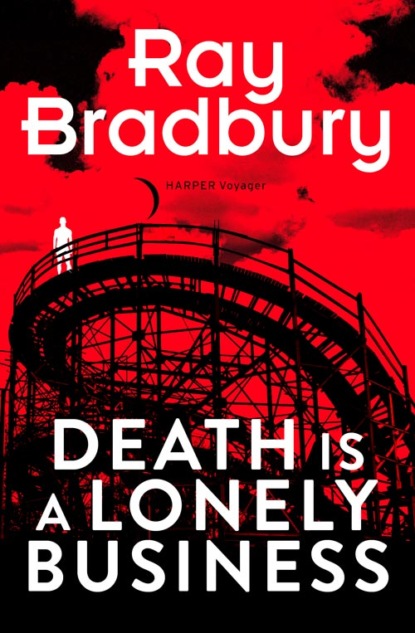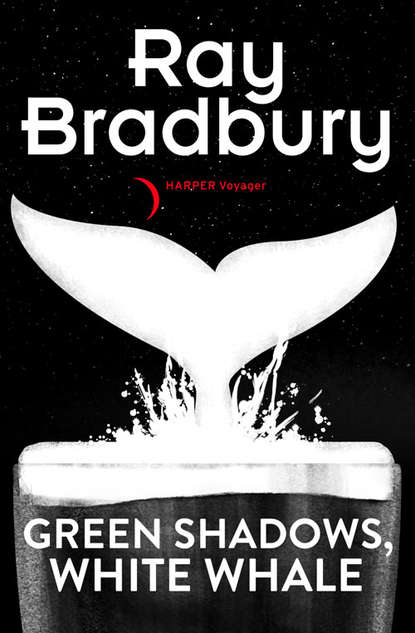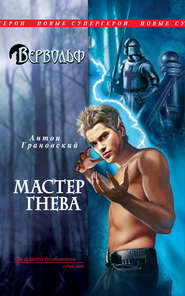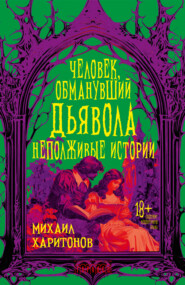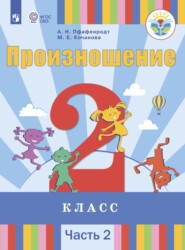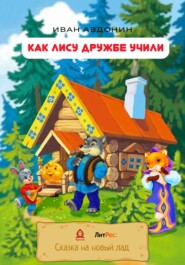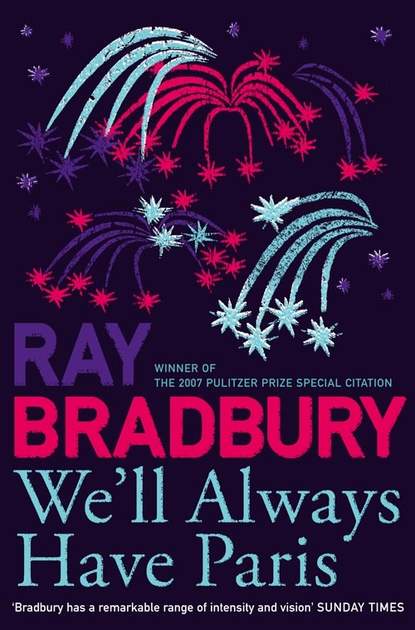 Текст
Текст We’ll Always Have Paris
Полная версия
- О книге
- Читать
By three o’clock the wind was constant and murmuring outside the window.
She was the first to open her eyes.
And then, for some imperceptible reason, he stirred in his half sleep.
‘You awake?’ he said.
‘Yes,’ she said. ‘There was a sound, something called.’
He half raised his head.
A long way off there was a soft wailing.
‘Hear that?’ she asked.
‘What?’
‘Something’s crying.’
‘Something?’ he said.
‘Someone,’ she said. ‘It sounds like a ghost.’
‘My God, what a thing. What time is it?’
‘Three in the morning. That terrible hour.’
‘Terrible?’ he said.
‘You know Dr Meade told us at the hospital that that’s the one hour when people just give up, they don’t keep trying anymore. That’s when they die. Three in the morning.’
‘I’d rather not think about that,’ he said.
The sound from outside the house grew louder.
‘There it is again,’ she said. ‘That sounds like a ghost.’
‘Oh my God,’ he whispered. ‘What kind of ghost?’
‘A baby,’ she said. ‘A baby crying.’
‘Since when do babies have ghosts? Have we known any babies recently that died?’ He made a soft sound of laughter.
‘No,’ she said, and shook her head back and forth. ‘But maybe it’s not the ghost of a baby that died, but … I don’t know. Listen.’
He listened and the crying came again, a long way off.
‘What if—’ she said.
‘Yes?’
‘What if it’s the ghost of a child—’
‘Go on,’ he said.
‘That hasn’t been born yet.’
‘Are there such ghosts? And can they make sounds? My God, why do I say that? What a strange thing to say.’
‘The ghost of a baby that hasn’t been born yet.’
‘How can it have a voice?’ he said.
‘Maybe it’s not dead, but just wants to live,’ she said. ‘It’s so far off, so sad. How can we answer it?’
They both listened and the quiet cry continued and the wind wailed outside the window.
Listening, tears came into her eyes and, listening, the same thing happened to him.
‘I can’t stand this,’ he said. ‘I’m going to get up and get something to eat.’
‘No, no,’ she said, and took his hand and held it. ‘Be very quiet and listen. Maybe we’ll get answers.’
He lay back and held her hand and tried to shut his eyes, but could not.
They both lay in bed and the wind continued murmuring, and the leaves shook outside the window.
A long way off, a great distance off, the sound of weeping went on and on.
‘Who could that be?’ she said. ‘What could that be? It won’t stop. It makes me so sad. Is it asking to be let in?’
‘Let in?’ he said.
‘To live. It’s not dead, it’s never lived, but it wants to live. Do you think—’ She hesitated.
‘What?’
‘Oh my God,’ she said. ‘Do you think the way we talked a month ago …?’
‘What talk was that?’ he said.
‘About the future. About our not having a family. No family. No children.’
‘I don’t remember,’ he said.
‘Try to,’ she said. ‘We promised each other no family, no children.’ She hesitated and then added, ‘No babies.’
‘No children. No babies?’
‘Do you think—’ She raised her head and listened to the crying outside the window, far away, through the trees, across the country. ‘Can it be that—’
‘What?’ he said.
‘I think,’ she said, ‘that I know a way to stop that crying.’
He waited for her to continue.
‘I think that maybe—’
‘What?’ he said.
‘Maybe you should come over on this side of the bed.’
‘Are you asking me over?’
‘I am, yes, please, come over.’
He turned and looked at her and finally rolled completely over toward her. A long way off the town clock struck three-fifteen, then three-thirty, then three forty-five, then four o’clock.
Then they both lay, listening.
‘Do you hear?’ she said.
‘I’m listening.’
‘The crying.’
‘It’s stopped,’ he said.
‘Yes. That ghost, that child, that baby, that crying, thank God it stopped.’
He held her hand, turned his face toward her, and said, ‘We stopped it.’
‘We did,’ she said. ‘Oh yes, thank God, we stopped it.’
The night was very quiet. The wind began to die. The leaves on the trees outside stopped trembling.
And they lay in the night, hand in hand, listening to the silence, the wonderful silence, and waited for the dawn.
We’ll Always Have Paris
It was a hot Saturday night in July in Paris, near midnight, when I prepared to head out and walk around the city, my favorite pastime, starting at Notre Dame and ending, sometimes, at the Eiffel Tower.
My wife had gone to bed at nine o’clock and as I stood by the door she said, ‘No matter how late, bring back some pizza.’
‘One pizza coming up,’ I said, and stepped out into the hall.
I walked from the hotel across the river and along to Notre Dame and then stopped in at the Shakespeare Bookstore and headed back along the Boul Miche to stop at Les Deux Magots, the outdoor café where Hemingway, more than a generation ago, had regaled his friends with Pernod, grappa, and Africa.
I sat there for a while watching the Parisians, of which there was a multitude, had myself a Pernod and a beer, and then headed back toward the river.
The street leading away from Les Deux Magots was no more than an alley lined with antiques stores and art galleries.
I walked along, almost alone, and was nearing the Seine when a peculiar thing happened, the strangest thing that had ever happened in my life.
I realized I was being followed. But it was a strange kind of following.
I looked behind me and no one was there. I looked ahead about forty yards and saw a young man in a summer suit.
At first I didn’t realize what he was doing. But when I stopped to look in a window and glanced up, I saw that he had stopped eighty or ninety feet ahead of me and was looking back, watching me.
As soon as he saw my glance he walked away, farther on up the street, where he stopped again and looked back.
After a few more of these silent exchanges, it came to me what was going on. Instead of following me from behind, he was following me by leading the way and looking back to make sure that I came along.
The process continued for an entire city block and then finally, at last, I came to an intersection and found him waiting for me.
He was tall and slender and blond and quite handsome and seemed, somehow, to be French; he looked athletic, perhaps a tennis player or a swimmer.
I didn’t know quite how I felt about the situation. Was I pleased, was I flattered, was I embarrassed?
Suddenly, confronted with him, I stood at the intersection and said something in English and he shook his head.
Конец ознакомительного фрагмента.
Текст предоставлен ООО «ЛитРес».
Прочитайте эту книгу целиком, купив полную легальную версию на ЛитРес.
Безопасно оплатить книгу можно банковской картой Visa, MasterCard, Maestro, со счета мобильного телефона, с платежного терминала, в салоне МТС или Связной, через PayPal, WebMoney, Яндекс.Деньги, QIWI Кошелек, бонусными картами или другим удобным Вам способом.



